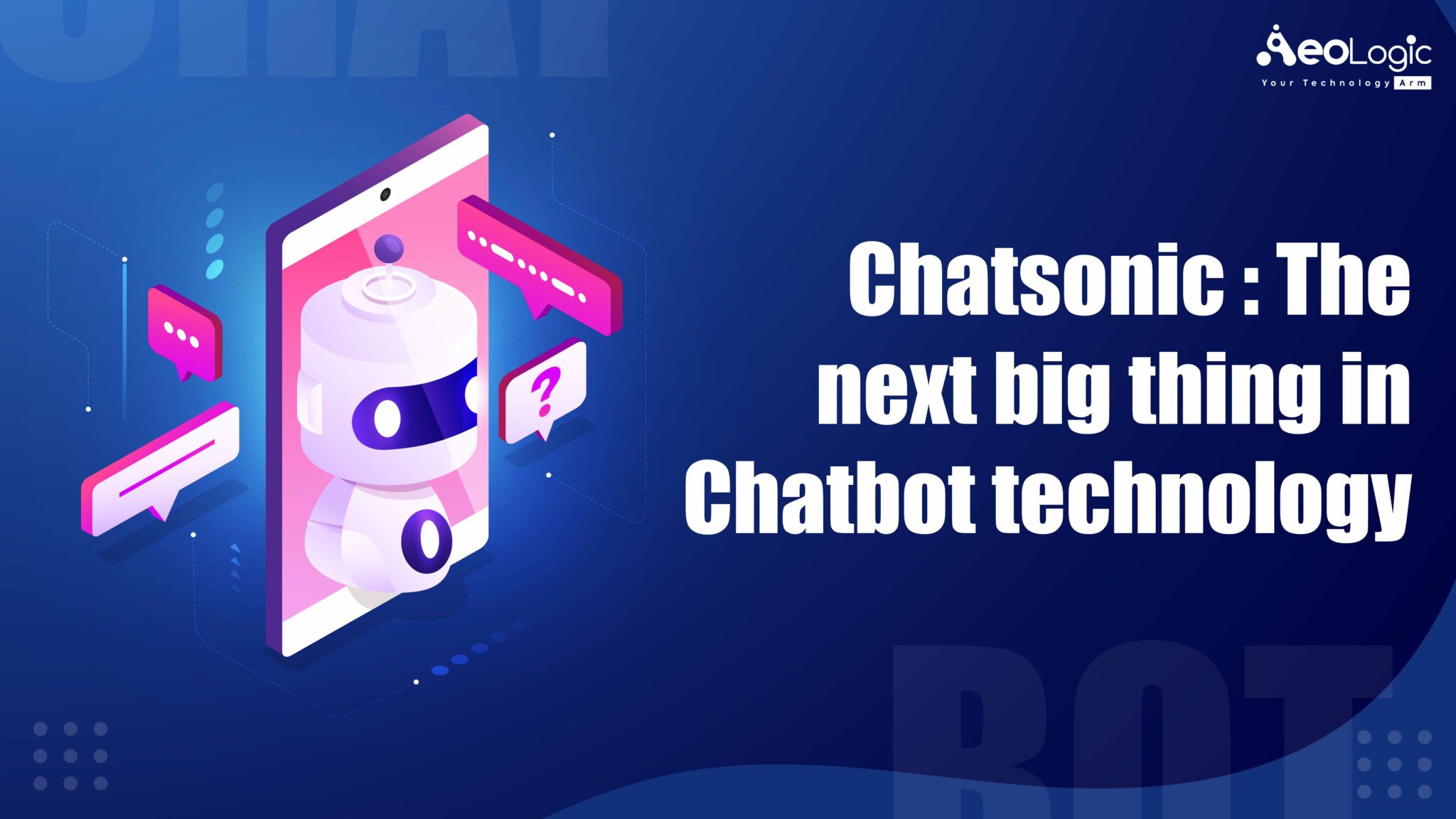By no means Changing Virtual Assistant Will Ultimately Destroy You
페이지 정보

본문
 And a key idea in the development of ChatGPT was to have another step after "passively reading" things like the online: to have actual humans actively interact with ChatGPT, see what it produces, and in effect give it suggestions on "how to be a very good chatbot". It’s a pretty typical kind of factor to see in a "precise" scenario like this with a neural web (or with machine studying in general). Instead of asking broad queries like "Tell me about historical past," try narrowing down your question by specifying a particular period or event you’re concerned about studying about. But attempt to give it rules for an precise "deep" computation that includes many doubtlessly computationally irreducible steps and it simply won’t work. But when we need about n words of training information to set up those weights, then from what we’ve mentioned above we will conclude that we’ll want about n2 computational steps to do the coaching of the network-which is why, with present strategies, one ends up needing to talk about billion-dollar coaching efforts. But in English it’s far more lifelike to be able to "guess" what’s grammatically going to suit on the idea of local choices of phrases and different hints.
And a key idea in the development of ChatGPT was to have another step after "passively reading" things like the online: to have actual humans actively interact with ChatGPT, see what it produces, and in effect give it suggestions on "how to be a very good chatbot". It’s a pretty typical kind of factor to see in a "precise" scenario like this with a neural web (or with machine studying in general). Instead of asking broad queries like "Tell me about historical past," try narrowing down your question by specifying a particular period or event you’re concerned about studying about. But attempt to give it rules for an precise "deep" computation that includes many doubtlessly computationally irreducible steps and it simply won’t work. But when we need about n words of training information to set up those weights, then from what we’ve mentioned above we will conclude that we’ll want about n2 computational steps to do the coaching of the network-which is why, with present strategies, one ends up needing to talk about billion-dollar coaching efforts. But in English it’s far more lifelike to be able to "guess" what’s grammatically going to suit on the idea of local choices of phrases and different hints.
 And in the end we will just notice that ChatGPT does what it does using a pair hundred billion weights-comparable in quantity to the total number of words (or tokens) of coaching knowledge it’s been given. But at some degree it nonetheless appears tough to consider that all the richness of language and the issues it could discuss will be encapsulated in such a finite system. The fundamental reply, I feel, is that language is at a fundamental level by some means less complicated than it appears. Tell it "shallow" rules of the kind "this goes to that", and so forth., and the neural internet will almost definitely be capable of represent and reproduce these simply advantageous-and certainly what it "already knows" from language will give it a right away sample to observe. Instead, it appears to be adequate to principally inform ChatGPT one thing one time-as part of the immediate you give-after which it may possibly efficiently make use of what you told it when it generates textual content. Instead, what seems more seemingly is that, yes, the elements are already in there, but the specifics are outlined by something like a "trajectory between these elements" and that’s what you’re introducing once you tell it something.
And in the end we will just notice that ChatGPT does what it does using a pair hundred billion weights-comparable in quantity to the total number of words (or tokens) of coaching knowledge it’s been given. But at some degree it nonetheless appears tough to consider that all the richness of language and the issues it could discuss will be encapsulated in such a finite system. The fundamental reply, I feel, is that language is at a fundamental level by some means less complicated than it appears. Tell it "shallow" rules of the kind "this goes to that", and so forth., and the neural internet will almost definitely be capable of represent and reproduce these simply advantageous-and certainly what it "already knows" from language will give it a right away sample to observe. Instead, it appears to be adequate to principally inform ChatGPT one thing one time-as part of the immediate you give-after which it may possibly efficiently make use of what you told it when it generates textual content. Instead, what seems more seemingly is that, yes, the elements are already in there, but the specifics are outlined by something like a "trajectory between these elements" and that’s what you’re introducing once you tell it something.
Instead, with Articoolo, you'll be able to create new articles, rewrite outdated articles, generate titles, summarize articles, and find images and quotes to assist your articles. It may possibly "integrate" it only if it’s mainly riding in a fairly simple approach on prime of the framework it already has. And certainly, very similar to for humans, should you tell it one thing bizarre and unexpected that fully doesn’t fit into the framework it knows, it doesn’t appear like it’ll efficiently be able to "integrate" this. So what’s happening in a case like this? Part of what’s occurring is little question a reflection of the ubiquitous phenomenon (that first grew to become evident in the instance of rule 30) that computational processes can in effect drastically amplify the apparent complexity of techniques even when their underlying rules are easy. It's going to are available handy when the consumer doesn’t want to kind within the message and might now instead dictate it. Portal pages like Google or Yahoo are examples of common user interfaces. From customer help to virtual assistants, this conversational AI model might be utilized in various industries to streamline communication and enhance person experiences.
The success of ChatGPT is, I feel, giving us proof of a elementary and necessary piece of science: it’s suggesting that we will expect there to be main new "laws of language"-and effectively "laws of thought"-on the market to find. But now with ChatGPT we’ve obtained an vital new piece of data: we know that a pure, artificial neural network with about as many connections as brains have neurons is able to doing a surprisingly good job of producing human language. There’s certainly one thing somewhat human-like about it: that no less than as soon as it’s had all that pre-coaching you can inform it one thing just as soon as and it can "remember it"-at the least "long enough" to generate a bit of textual content using it. Improved Efficiency: AI can automate tedious tasks, freeing up your time to deal with high-level inventive work and technique. So how does this work? But as soon as there are combinatorial numbers of possibilities, no such "table-lookup-style" approach will work. Virgos can be taught to soften their critiques and discover more constructive ways to offer feedback, whereas Leos can work on tempering their ego and being more receptive to Virgos' practical strategies.
Here is more info in regards to chatbot technology check out our web-page.
- 이전글15 Best Twitter Accounts To Discover Integrated Fridge Freezer 24.12.11
- 다음글See What Casino Mines Tricks The Celebs Are Using 24.12.11
댓글목록
등록된 댓글이 없습니다.

